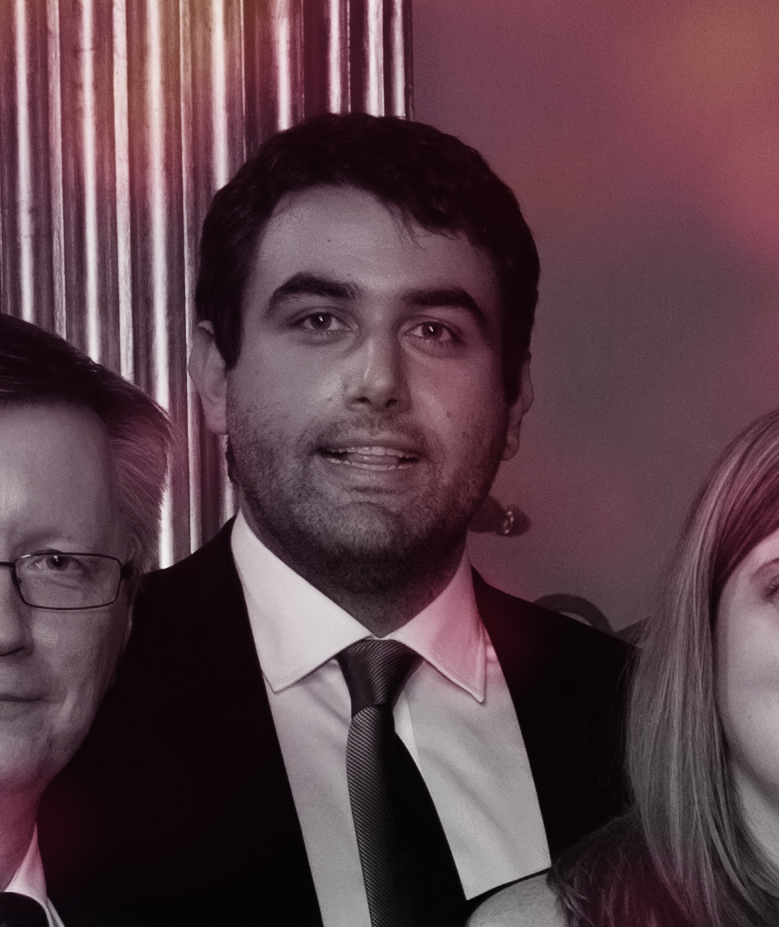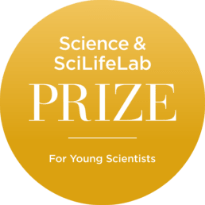
Ludmil Alexandrov
Biography
Dr. Alexandrov is an Oppenheimer Fellow in the Theoretical Biology and Biophysics Group at Los Alamos National Laboratory. He earned his Bachelor of Science degree in Computer Science from Neumont University and received his Master’s of Philosophy in Computational Biology as well as his Ph.D. in Cancer Genetics from the University of Cambridge. He is a recipient of the 2015 Weintraub Award for Graduate Research and, in 2013, he was listed by Forbes magazine as one of the “30 brightest stars under the age of 30” in the field of Science and Healthcare. His work is focused on understanding the mutational processes responsible for human cancer and human ageing. In 2015, his research was highlighted by the American Society of Clinical Oncology as an important step forward in the fight against cancer.
Synopsis
Understanding the origins of human cancer
All cancers originate from a single cell that starts to behave abnormally, to divide uncontrollably, and, eventually, to invade adjacent tissues (1). The aberrant behavior of this single cell is due to somatic mutations—changes in the genomic DNA produced by the activity of different mutational processes (1). These mutational processes include exposure to exogenous or endogenous mutagens, abnormal DNA editing, the incomplete fidelity of DNA polymerases, and failure of DNA repair mechanisms (2). Early studies that sequenced TP53, the most commonly mutated gene in human cancer, provided evidence that mutational processes leave distinct imprints of somatic mutations on the genome of a cancer cell (3). For example, C:G>A:T transversions predominate in smoking-associated lung cancer, whereas C:G>T:A transitions occurring mainly at dipyrimidines and CC:GG>TT:AA double-nucleotide substitutions are common in ultraviolet light–associated skin cancers. These patterns of mutations matched the ones induced experimentally by tobacco mutagens and ultraviolet light, respectively, the major, known, exogenous carcinogenic influences in these cancer types, and demonstrated that examining patterns of mutations in cancer genomes can yield information about the mutational processes that cause human cancer (4).
